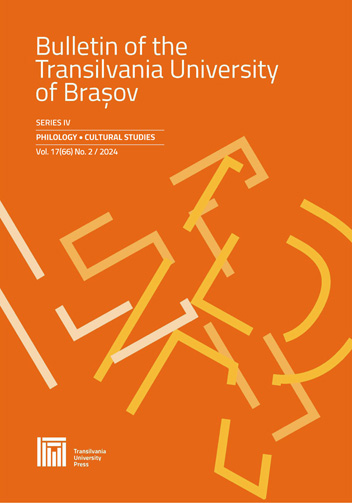Coding and robotics to support linguistic and non-verbal interactional practices in Italian preschools: the powerful effect of small group situations
Coding and robotics to support linguistic and non-verbal interactional practices in Italian preschools: the powerful effect of small group situations
Author(s): Camilla Monaco, Tiziana Ceol, Ornella MichSubject(s): Language studies, Language and Literature Studies
Published by: Editura Universitatii Transilvania din Brasov
Keywords: small group situations; coding and robotics; preschool interactional practices; dialogic teachers’ training;
Summary/Abstract: The research started in 2020-2021 and involved 18 Italian preschools: 3-to-6-year-old children have been introduced to experiences of coding and robotics (BeeBot, Cubetto, Lego WeDo 2.0, i-Code). The study aimed at promoting social and discursive interaction among kids within mixed by age small group situations (4-5 children), for improving and increasing their knowledge co-construction. It was composed by different phases that interconnected teachers’ training and school educational practices. Some initial results show that: a) educational robotics represented an effective tool for promoting discursive practices where linguistic and non-verbal dimensions complemented each other; b) within a specific educational planning, coding and robotics allowed teachers to organize learning contexts where children could act and improve several intelligences. This process was always developed within small group situations, where children could “mix and exchange” their individual intelligences.
Journal: Bulletin of the Transilvania University of Braşov, Series IV: Philology & Cultural Studies
- Issue Year: 17/2024
- Issue No: 2
- Page Range: 152-188
- Page Count: 36
- Language: English

